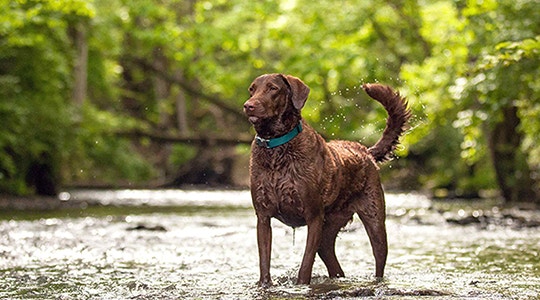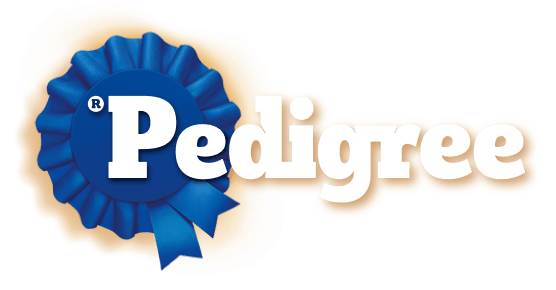
Health Risks for Labrador Retrievers
Strong, smart, playful, and friendly, Labrador Retrievers are lovable companions. But like all breeds, they have their vulnerabilities. Knowing the health risks that affect your Lab can make early detection and prevention easier, and keep him feeling like top dog.
Hip Dysplasia: A painful condition
Many large breeds are prone to an inherited disease called Hip Dysplasia, and your Lab is no exception. This disease causes abnormal formation of the hip joint, resulting in instability and arthritis. Pain and lameness ensue as the disease progresses.
Hip Dysplasia can be treated by your veterinarian, generally with oral medication or injections. Surgery has been successful, too. Aspiring Lab owners can also now obtain a 'hip score' for a puppy's parents from responsible breeders who perform this screen. Since Hip Dysplasia is genetic, a favorable hip score suggests a low incidence of the disease being passed to offspring. However, multiple genes are involved, so even parents with good hip conformation can produce affected puppies.
Labs can become overweight easily, and these added pounds can actually worsen the effects of Hip Dysplasia.
Other health concerns from nose to tail
- Watch what they eat. Labs love to eat as much as they love to play. But their sidewalk scavenging and garbage picking can be hazardous to their health. Remove unknown food objects from their mouths immediately to avoid stomach problems and illness. And watch your dog's caloric intake.
- Ear Infections. Long, floppy ears that cover a dog's ear canal can trap warm, moist air. This is the perfect breeding ground for bacteria and infection. Consider cleaning your Lab's ears frequently, or as recommended by our veterinarian. Clean dog ears by using a simple cotton ball and doggie ear wash, available at many pet stores. Gently scrub the inside of the ear flap, getting inside folds and crannies without poking too deeply into the ear canal. If you ever detect a foul odor from the ear or notice any discharge or unusual buildup, see your vet immediately. An infection is probably the cause and must be treated professionally.
- Swim Tail. Natural swimmers, Labradors use their tails as rudders and stabilizers in the water. But overuse can actually cause the tail to become sore and swollen. You might even see a kink in your Lab's tail. While uncomfortable for your dog, this is not a serious condition and usually corrects with rest. Sometimes a veterinarian will prescribe an anti-inflammatory medication for relief.
- Laryngeal Paralysis. Seen in middle-aged and senior Labs, this canine illness partially paralyzes the muscles of the voice box. The result is a muffled bark, noisy or labored breathing, and a reduced tolerance for exercise. This can be a life-threatening problem and may require surgical treatment.
You can also talk to your veterinarian about a Lab-specific preventive health plan to help minimize illnesses and ailments that affect your favorite dog.






